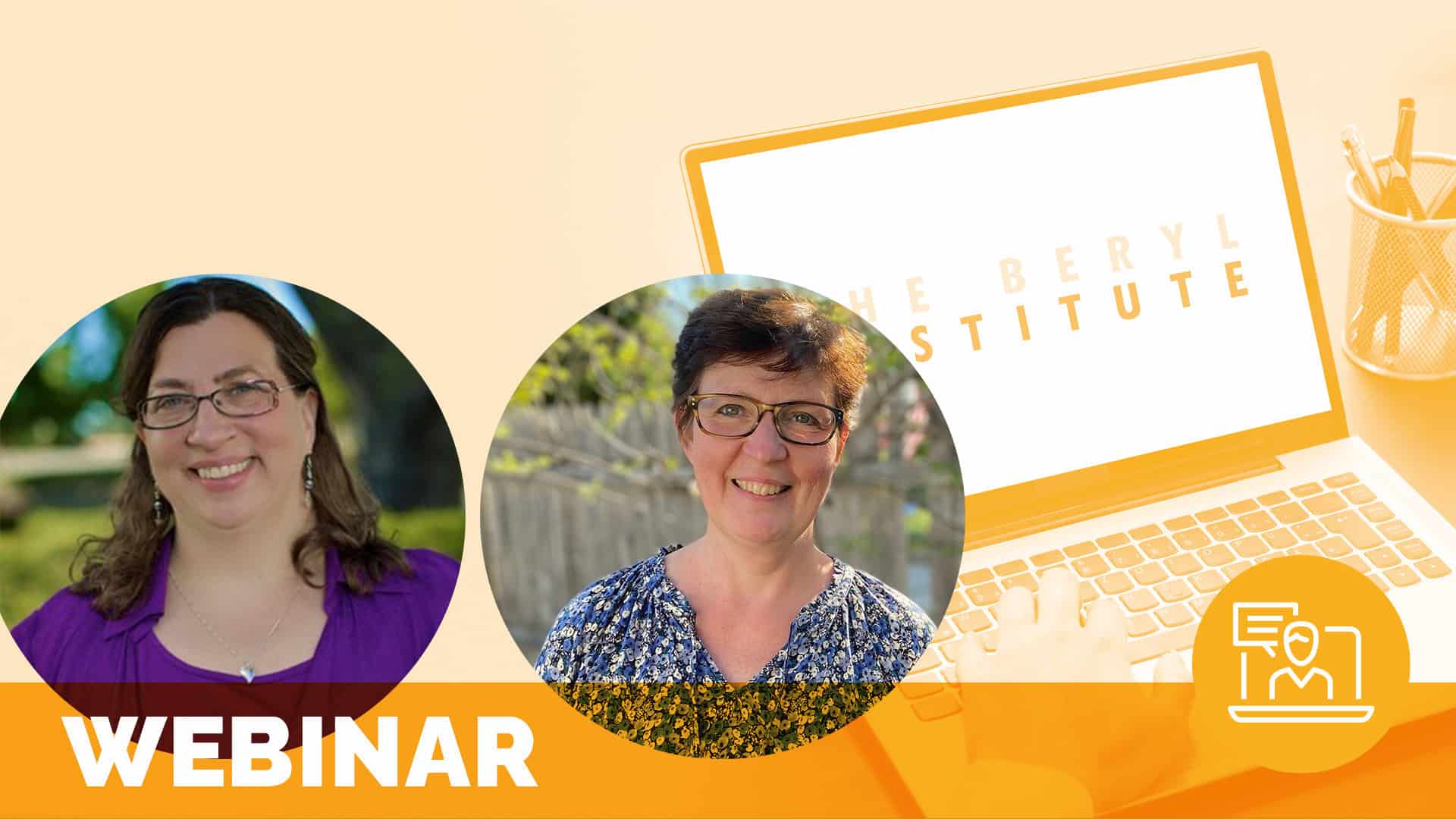Identifying Stigma and Inequities in Care Delivery and Experience

Tanya Lord, PhD, MPH | Director of Patient and Family Engagement, Foundation for Healthy Communities
Carrie McFadden, MPH | Project Coordinator, Foundation for Healthy Communities
Co-design, a powerful method to ensure the lived experience is at the heart of improvement, is quickly growing in popularity but some populations are still grossly underrepresented. As the opioid and substance use epidemic continues to ravage the lives of people across the globe, healthcare providers struggle to care for patients with a history of Substance Use Disorder (SUD). Individuals with a SUD, especially those who are currently using, are rarely integrated as a part of efforts to hear the “patient voice”, nor typically included in co-design improvement methods. This is a tremendous missed opportunity for community members, patients and staff alike. This interactive webinar explores the results of an EBCD project, done virtually, that took an innovative approach to recruit individuals who use or have a history of using substances. The results led to changes around reducing stigma and increasing equity of care. Join us to understand EBCD lessons learned, the results of this project and how this method can be easily adapted for other populations who have historically been excluded in standard patient and family engagement strategies.
Non-members can purchase webinars at a cost of $49 each.
Related content
-
 Patient Family & Community Engagement
Patient Family & Community EngagementThe Impact of Learners on Patient Satisfaction in the Orthopedic Setting
This investigation evaluates the impact of learners and their post-graduate year (PGY) levels on patient satisfaction in the orthopedic outpatient clinic, an area with limited prior research. A retrospective cohort study was conducted using data from July 2020 to December 2022, involving 2,484 patients, with a 39% response rate. Satisfaction was measured via NRC Health
Learn more -
 Patient Family & Community Engagement
Patient Family & Community EngagementPatient Perspectives on Implementing a Person-centered Care System: Experiences from the U.S. Veterans Health Administration’s Whole Health System of Care
Objectives. Replacing the disease-centered, paternalistic approach in healthcare with a person-centered model has become a widely recognized imperative. However, patients’ perspectives on and experiences with real-life efforts to implement this approach to care are rarely studied. We examined this issue at a health system with a prominent record of commitment to implementing person-centered care on
Learn more -
 Patient Family & Community Engagement | Staff & Provider Engagement
Patient Family & Community Engagement | Staff & Provider EngagementBuilding Cognitive-Based Compassion into Service Recovery Training
2pm ET / 1pm CT / 12pm MT / 11am PT – Traditional service recovery training often focuses on key principles and de-escalation techniques, leaving learners with theoretical knowledge but lacking practical implementation skills. In response to rising workplace violence and increasing complaints, we redesigned our service recovery training to incorporate cognitive-based compassion training. This
Learn more
